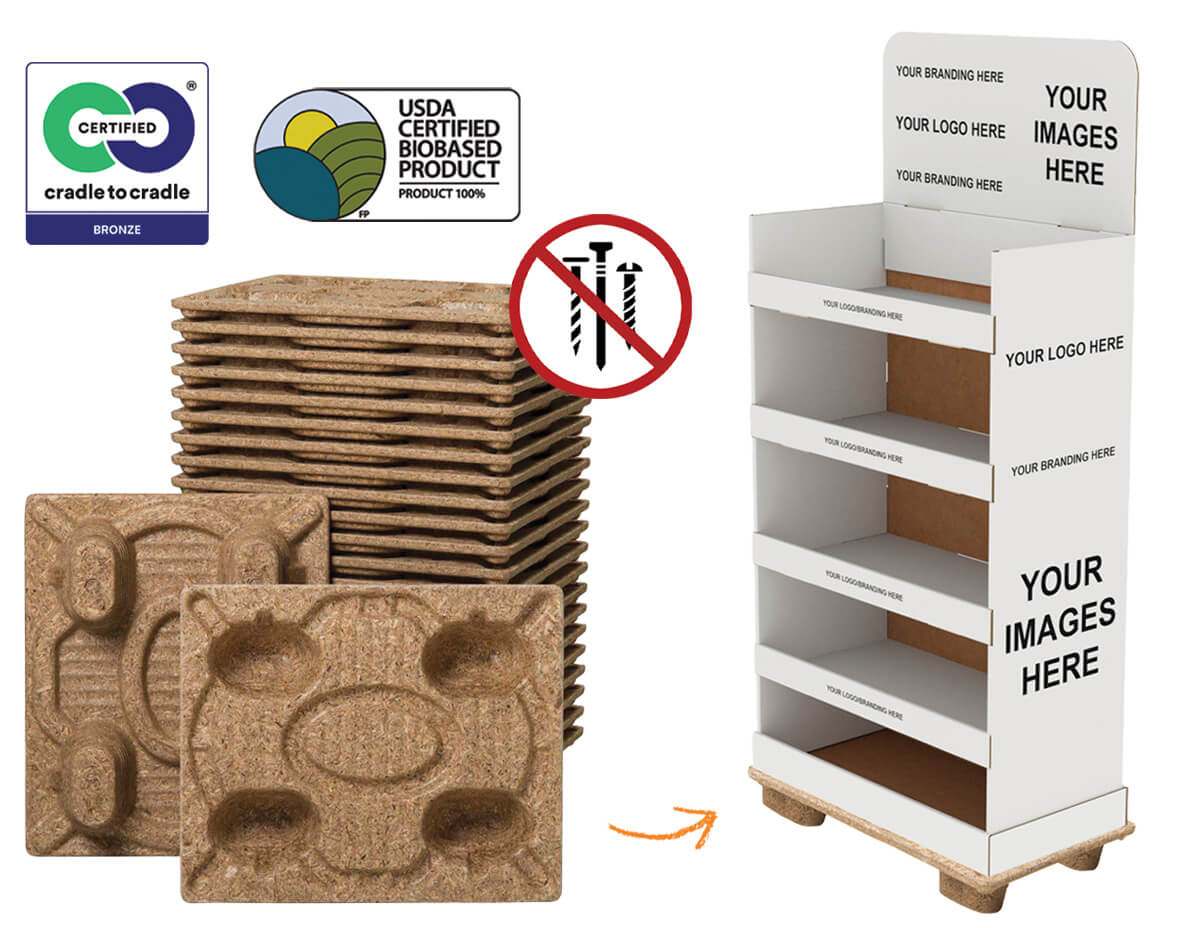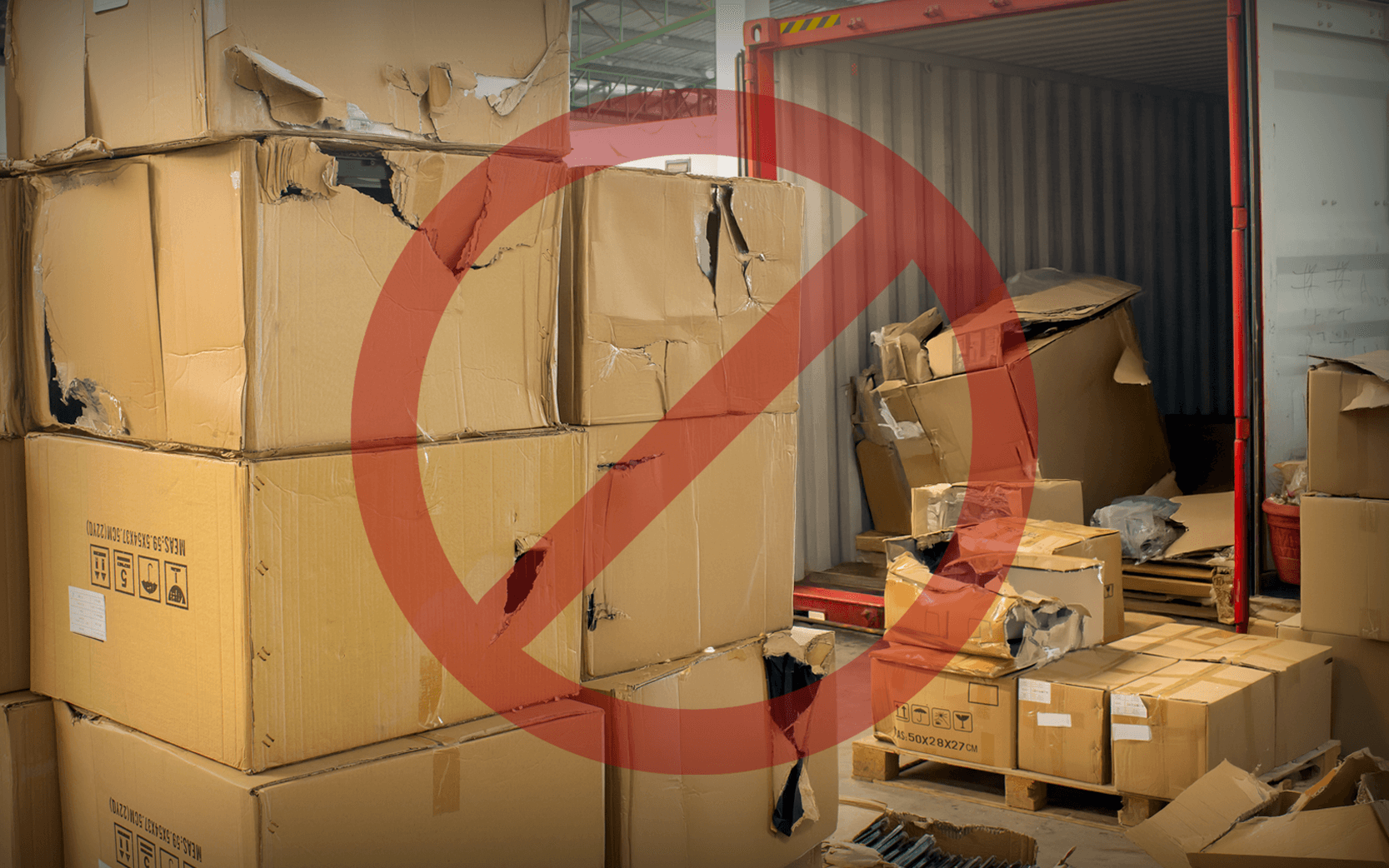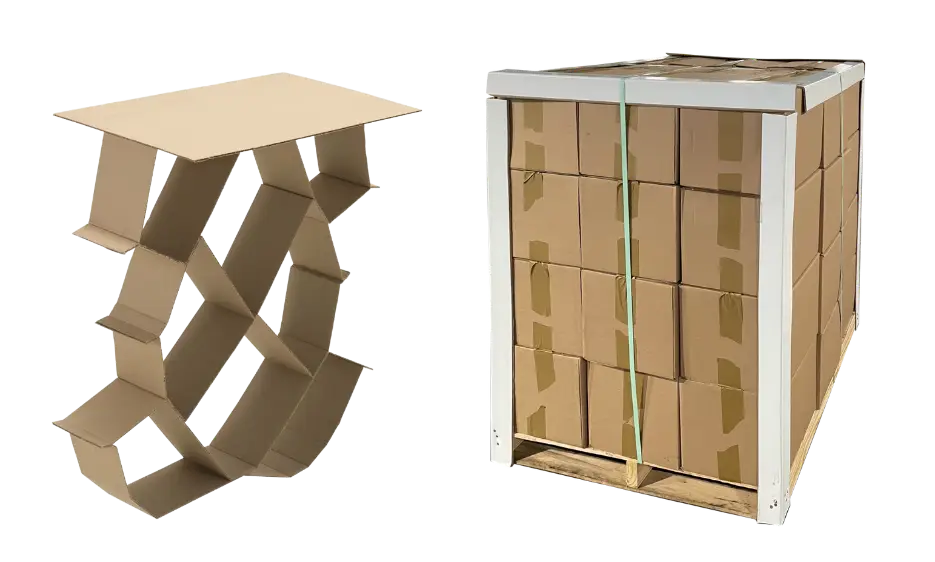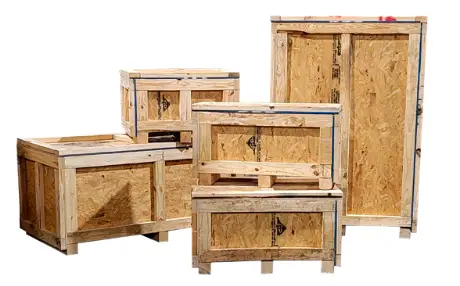Rick LeBlanc’s June article in Pallet Enterprise offers a thoughtful discussion of issues and trends facing logistics professionals and pallet manufacturers. From “smart pallets” to building a more sustainable supply chain, staying current with the latest trends in the logistics world has never been more important.
Emerging Markets = New Opportunities
Rising labor costs on mainland China has prompted manufacturers to relocate their manufacturing operations in emerging Asian markets such as Vietnam. This shift has prompted the need for a modern logistics infrastructure and a corresponding increase in demand for pallets and pallet expertise.
Smart Pallets for Enhanced Efficiency and Public Safety
As supply chains become increasingly global in nature, logistics professionals are exploring the potential use of imbedded tracking chips to monitor and manage inventory while in transit. Although greater supply chain efficiency may encourage the future use of electronic chips, monitoring pallets is also a public safety issue.
FDA mandates designed to protect the nation’s food supply will prompt a greater emphasis on keeping pallets clean, dry, and mold-free. There may also be increased interest in monitoring load temperature and vibration. It is unclear whether reporting this information will come via imbedded chip or some other monitoring device in close proximity to the load, but one fact remains clear: pallets with tracking mechanisms will increase public safety and ensure more efficient movement through the global supply chain.
Rising Fuel Prices = Smaller, Lighter Pallets?
Increased diesel prices are placing new strains on a closed loop pallet system, making rental and one-way pallet schemes more attractive to some buyers. Logistics managers are rethinking unit load functionality and showing increased interest in lighter and smaller pallets.
Greener Pallets
Logistics is an inherently dirty business and the need for significant reductions in the system’s carbon footprint has led to changes in pallet use. Sustainability-minded logistics managers can now choose from a wide array of lightweight pallets, rental pallets, recyclable paper pallets, plastic pallets, and although LeBlanc doesn’t specifically reference Litco, we would throw our presswood pallets into this mix too.
Reshoring
The reshoring trend, sparked by needs to reduce transit costs, improve quality, and shorten lead times, will lead to increased demand on the domestic pallet pool. Products currently palletized near coastal import warehouses may soon be prepared for shipping closer to localized production points.
Presswood Pallets: A Safer, Greener, Cost Effective Solution
Although much of LeBlanc’s article is forward looking, Litco International has offered the logistics supply chain greener, safer, and lighter presswood pallets since 1979. And thanks to the production process used to form presswood pallets from damaged logs and recycled waste wood products, the notion of imbedding a chip to create a smarter Litco pallet may not be as futuristic as one might think. In addition to sustainability and safety benefits, Litco presswood pallets are often cost effective alternatives to plastic and traditional wooden pallets too. To learn more about the advantages of presswood pallets for export or domestic use, or to request a quote, contact Litco International for more information.







